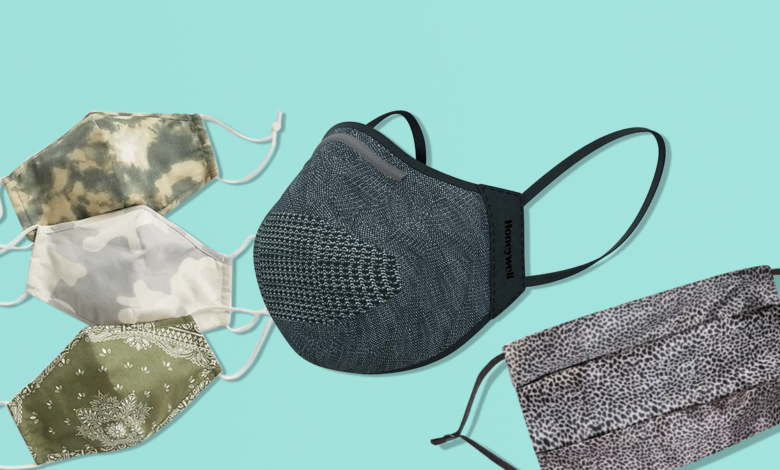

After face masks became mostly mandatory in public spaces last spring, people have invented a few clever ways to stop glasses from fogging up due to breath condensation. It's easy for warm breath to escape through the top of a mask, percolating around the lenses of glasses just an inch or two away on your face; it results in condensation, or fog, and can be quite annoying if it happens consistently throughout the day.
Short of switching to contact lenses altogether, a long-term solution might be found if you take a second look at the kind of face mask you are wearing.
Which kind of face masks are best for those who wear glasses?
As we continue to wear face masks into the winter, the issue of foggy glasses has never been more apparent; cold weather only makes the issue worse. Selecting a face mask to help fix your foggy glasses is easier if you know what to look for. Try looking for these qualities in the next face mask you purchase:
- A nose bridge or clamp: Is the mask equipped with a bendable metal strip for the bridge of your nose? Does this strip extend towards the top of your cheeks? Many masks designed during the COVID-19 pandemic make use of this feature, as it may redirect the motion of your exhaled breath.
- Adjustable ear straps or ties: If your mask is loose-fitting, it makes sense why your breath would escape out and up onto your face. A form-fitting mask should direct your breath through your mask, not up and out.
- A straight fold straight across your cheeks and nose: Some masks have been designed to dip beneath your cheekbones to form a clear nose covering. If you're wearing glasses, though, that means there's nothing between the bottom of your lenses and the top of your mask — making it quite likely that breath will escape over your cheeks and directly onto your lenses. If possible, you always want the rims of your glasses to be sitting on top of the masks' upper region, as this weight blocks the flow of air.
- Enough room to cover your chin: Constantly pulling your mask down to sit beneath your chin? There's a good chance your mask isn't covering enough of your face and nose to ensure hot breath doesn't escape up and out.
- The right kind of fabric: Moisture-wicking performance materials or the lightest of cotton and silk is important for those with glasses, as you don't want to be stuck with a damp mask that can't hold up to hot breath.
With the help of the Good Housekeeping Institute's Textile Director Lexie Sachs, here are some of the best masks for those who wear glasses. These options stay tight across your nose, mouth, chin, and cheeks, and will be sure to keep your glasses as clear as possible.
Source link









